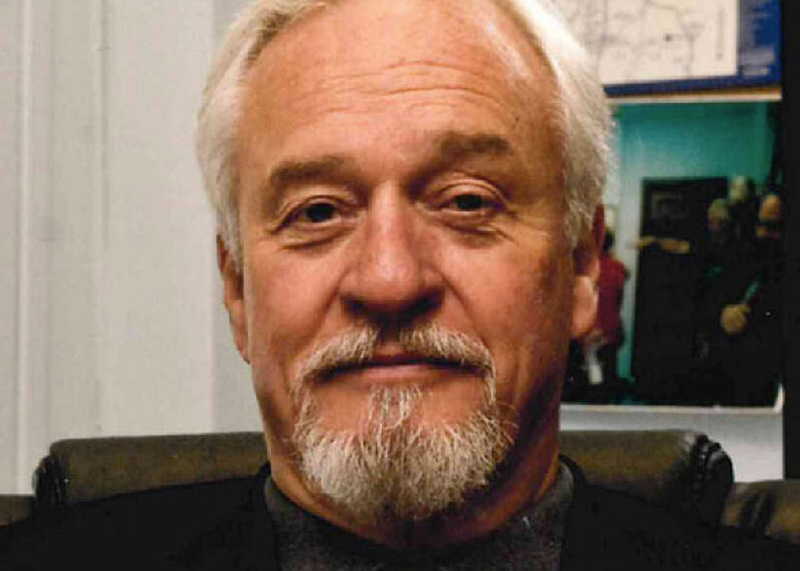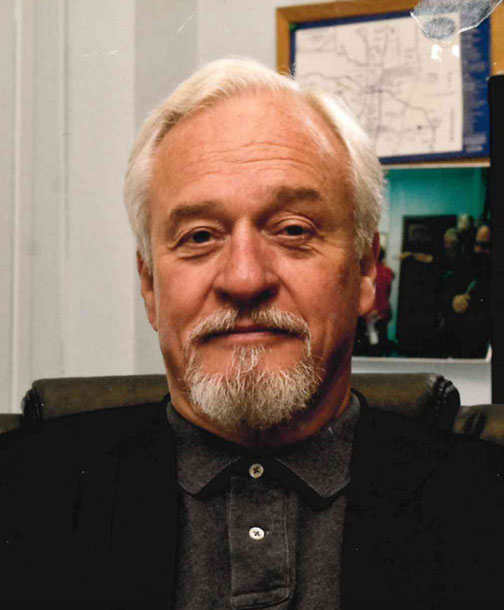Of all the things this villain virus has stolen from us, the loss of full funerals is among the most galling.
We humans have developed good medicine for grief. We gather. We share memories. Through broken hearts, we can sob and laugh in the same sentence.
We intuitively know that every human life reduces to a basket of stories. The rituals of death - funerals, wakes, obituaries - are just stages for their retelling. We may even imagine our departed loved ones hovering in spirit and absorbing their curtain calls.
Homer Kemp, Ph.D., was a lover of stories. Kemp, a former professor of English and department head at Tennessee Technological University in Cookeville, Tennessee, died in Ringgold, Georgia, on March 28 of natural causes. (Not COVID-19.) He was 79.
"He ate supper and watched TV," said Mary Tanner, his widow. "I helped him to bed. I stayed up about 30 minutes more, and when I came back to bed he was dead."
Tanner, Ph.D., is a former dean and interim provost of the University of Tennessee at Chattanooga. Tanner and Kemp met at a University of Tennessee conference and married in 2002. Both she and Kemp had been retired for several years.
People say Kemp had a larger-than-life personality. He would entertain audiences with parodies of the sermon stylings of old-time Methodists, Baptists and Presbyterians. He, himself, was an ordained Baptist minister.
His classes at Tennessee Tech were performances. He was also an amateur actor who sometimes appeared in community and campus productions.
Kemp even imagined his death as a performance opportunity, of sorts, often saying that he wanted a New Orleans-style jazz band to play a dirge at his funeral. And, as a certified barbecue judge, he would have probably approved of a memorial feast, as well.
Kemp's health had been in decline for six years after a head injury on a fishing trip with some buddies to Northern Ontario in 2014. He fell and hit his head on a tree, and later had strokes that might have been related to the injury, Tanner said.
After his strokes, Kemp never completely lost his powers of speech while he was alive, Tanner said, which would have been the ultimate indignity for a man who made his living as a curator of words.
Tanner agreed to talk about the recent death of her late-husband as a way of helping others who have lost loved ones in the shadow of COVID-19 social distancing resrictions.
"I will be OK," she said in an interview. "What I am sorry about is that we didn't get to celebrate him."
When our rituals are suspended or canceled - like now - we hurt in new and unexpected ways. Tanner said she experienced loneliness when deprived of a funeral for her husband. Not a "Facebook person," Tanner said most of her interactions with others after her husband's death came through cards and letters.
She said that her family's loss was magnified by not having visitation or a large memorial gathering. Before the spread of COVID-19, her husband had talked about having a memorial service some day at Tennessee Tech, which was his work home for 40 years.
Instead, after he died, there was a just tiny gathering of family and care-givers at the Chattanooga National Cemetery. Only 10 people were allowed to attend, per cemetery regulations during the COVID-19 pandemic, and even then they had to stand back from the burial site.
"It was pouring rain that day," Tanner said. "We just stood in the street."
One of Tanner's sons - Kemp's stepson - had a book belonging to Kemp. Inside, Kemp had marked a poem by Alfred, Lord Tennyson called "Crossing the Bar."
The poem was read at his graveside. One verse, about a quiet, solitary passing, seemed oddly prophetic.
__
Twilight and evening bell,
And after that the dark!
And may there be no sadness of farewell,
When I embark.
__
Tanner has an important thought to share. If you know someone who has lost a loved on in the last couple of months, it's important to reach out, she said.
"Call the widow, widower, son or daughter, sister, brother, parent or friend and tell them a story about the person they have lost," she said. "What helps is to know they live on in somebody's memory, and the story is what carries it."
Contact Mark Kennedy at mkennedy@timefreepress.com.
View other columns by Mark Kennedy

